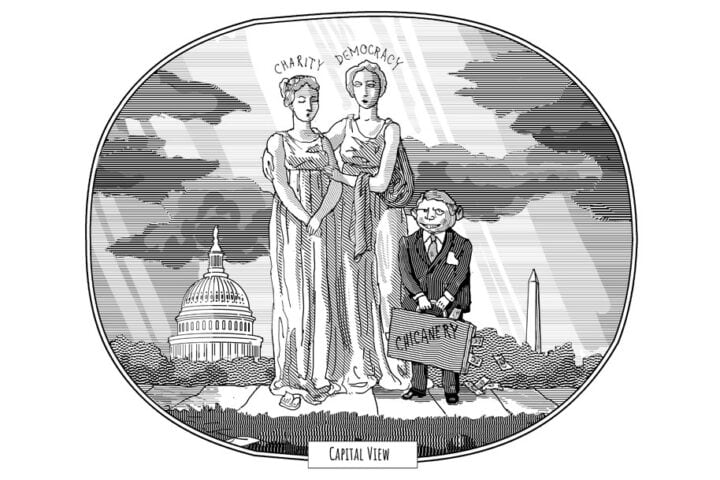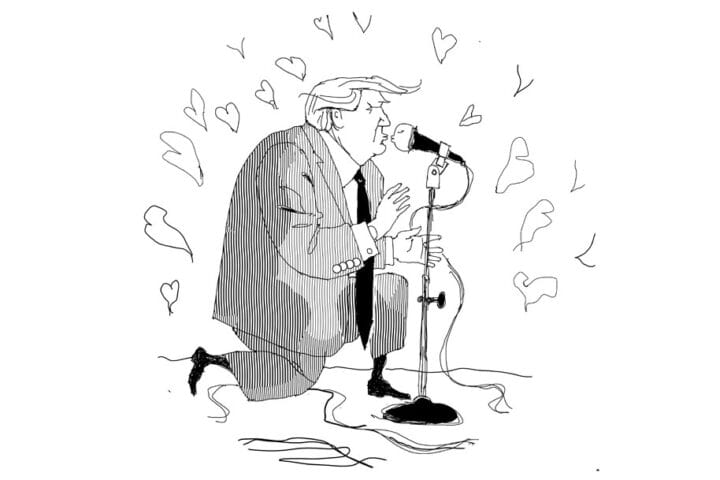Books Reviewed
We assume that China will try to replace America as a global military power because we think that the Chinese are as stupid as we are. America has carried the burden of empire without the associated benefits. Rome took up to a quarter-million slaves per year for its latifundia, the Spanish Empire looted the precious metals of the New World, and Britain covered its current account deficit by selling Indian opium to China. We’ve spent $7 trillion since 9/11 to remake the world in our image, with nothing to show for it. The same sort of narcissism infects our thinking about China: because we project power in a certain way, we believe that any strategic competitor will do the same.
In Upstart: How China Became a Great Power, Oriana Mastro offers a salutary corrective to this kind of thinking. She argues persuasively that China has taken a different path to power than the United States, suited to its own capabilities and conditions. A soldier-scholar at Stanford’s Institute for International Studies who enlisted in the Air Force early in her academic career, Mastro lays to rest some preconceived notions that afflict American thinking about Chinese military objectives. China, she writes, has adopted “an





